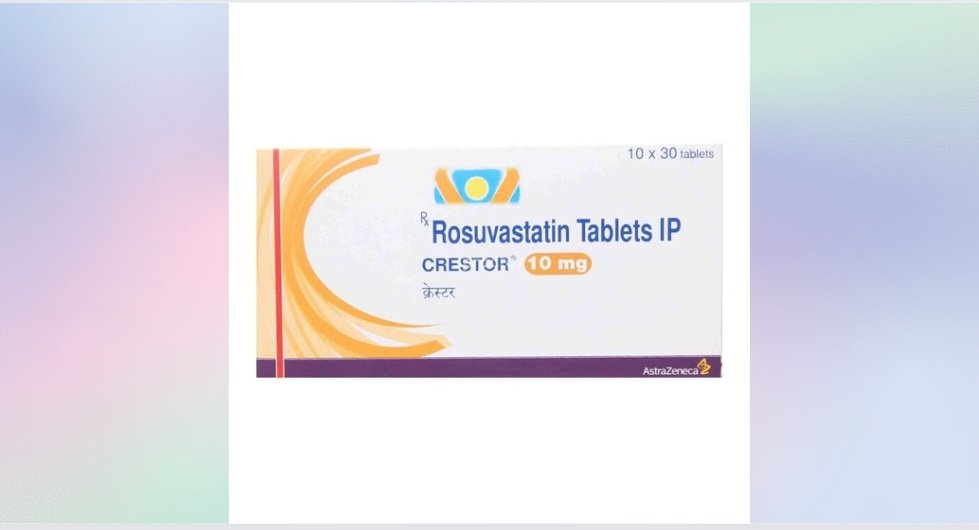
When it comes to managing cholesterol levels, medications like Crestor (rosuvastatin) play a crucial role. However, combining medication with a healthy diet is essential for optimal results. Certain foods can interact with Crestor, affecting its effectiveness or causing potential side effects. In this article, we’ll explore the foods that should be avoided when taking Crestor to ensure you’re making the most of your cholesterol management journey.
Understanding Crestor and its Role
Crestor belongs to a class of medications known as statins, designed to lower cholesterol levels in the blood. It works by inhibiting an enzyme responsible for cholesterol production in the liver. While Crestor is effective in reducing cholesterol, certain foods can interfere with its mechanism or exacerbate its side effects.
Foods to Avoid
1. Grapefruit and Grapefruit Juice
Grapefruit contains compounds that can hinder the breakdown of Crestor in the body. This can lead to elevated levels of the medication, increasing the risk of side effects. It’s best to avoid grapefruit and grapefruit juice while on Crestor.
2. High-Fat Dairy Products
Foods rich in saturated and trans fats, such as full-fat dairy products (cheese, butter, whole milk), can counteract the cholesterol-lowering effects of Crestor. These fats contribute to unhealthy cholesterol levels, negating the medication’s benefits.
3. Processed Meats
Processed meats like sausages, hot dogs, and bacon are high in saturated fats and sodium. These can not only impact Crestor’s efficacy but also increase the risk of heart disease, which the medication aims to prevent.
4. Alcohol
While moderate alcohol consumption may have some cardiovascular benefits, excessive alcohol intake can negatively interact with Crestor and other statins. Alcohol can strain the liver, which is responsible for metabolizing the medication, potentially leading to adverse effects.
5. Sugary Foods
High-sugar foods and beverages contribute to weight gain and unhealthy cholesterol levels. They can also impact the effectiveness of Crestor by promoting inflammation and insulin resistance.
6. Certain Herbal Supplements
Some herbal supplements, like St. John’s wort, can interfere with the metabolism of Crestor, leading to altered blood levels of the medication. Always consult your healthcare provider before taking any supplements alongside Crestor.
Foods to Consume Sparingly
1. High-Fiber Foods: While fiber-rich foods like fruits, vegetables, and whole grains are generally beneficial for heart health, they should be consumed in moderation shortly before or after taking Crestor. High-fiber foods can potentially reduce the absorption of the medication.
2. Nutrient-Rich Oils: Oils like grape seed oil and sunflower oil are healthier alternatives to saturated fats, but they should still be consumed in moderation. Excessive oil consumption can contribute to excess calorie intake and hinder the medication’s effectiveness.
Combining Crestor with a heart-healthy diet is paramount for effective cholesterol management. Avoiding foods like grapefruit, high-fat dairy, processed meats, excessive alcohol, and sugary foods can help ensure Crestor works optimally to lower cholesterol levels. Remember to consult your healthcare provider or a registered dietitian for personalized guidance on how to integrate Crestor into your diet and make the best choices for your overall cardiovascular health. Your journey towards healthier cholesterol levels is a combination of the right medication and a well-balanced diet.